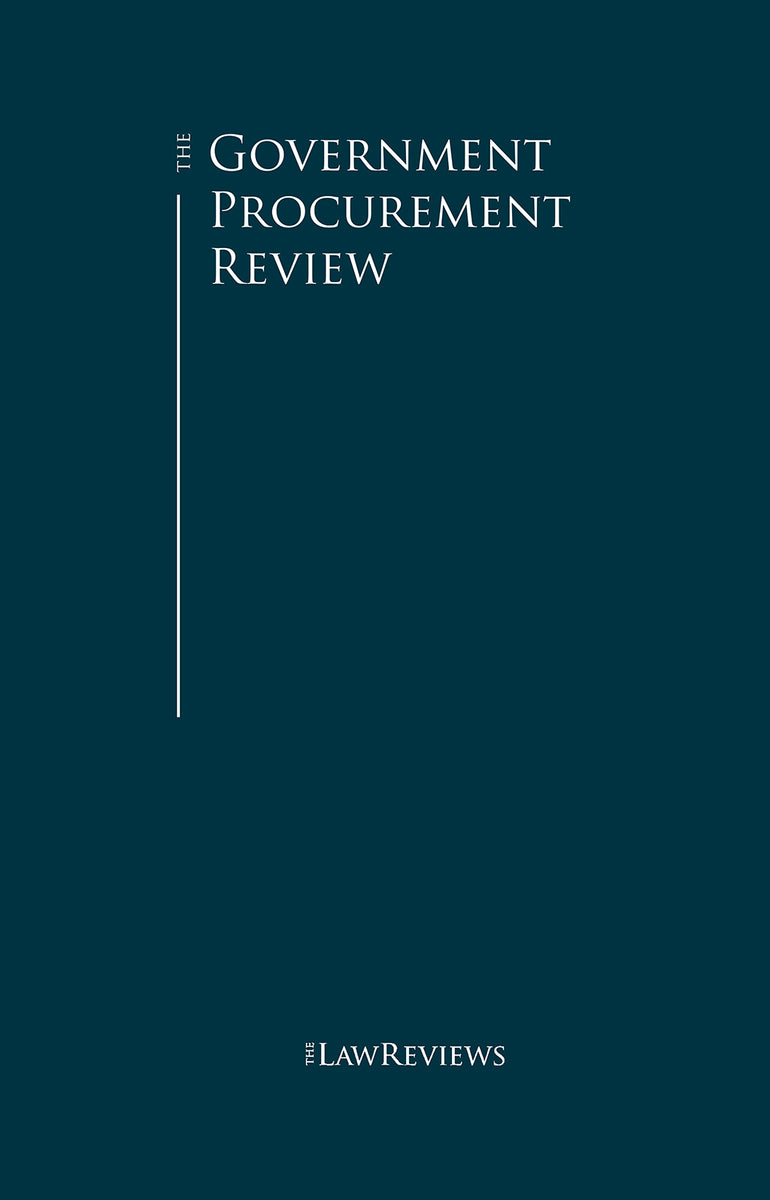Procurement is a vital process for governments and other public bodies in purchasing goods and services. It must be conducted in a fair and transparent manner to ensure that suppliers are given equal opportunities and that taxpayers' money is used responsibly. Procurement control is the key to achieving these goals.

What is procurement control?
Procurement control refers to the policies, procedures, and systems that govern the procurement process. It includes the selection of suppliers, negotiation of contracts, management of contracts, and monitoring of supplier performance. The main objective of procurement control is to ensure that the procurement process is efficient, effective, and compliant with relevant laws and regulations.
The importance of procurement control
Procurement control is essential for any government organization to achieve its goals. It helps to ensure that procurement processes are transparent, and that there is no favoritism or discrimination in the selection of suppliers. Procurement control ensures that all suppliers have equal opportunities to do business with the government and that taxpayers' money is spent wisely.
Procurement control measures
To ensure fairness and compliance in procurement, the following procurement control measures can be implemented:
1. Policy framework
A policy framework should guide procurement control in any government organization. This framework should contain guidelines on the procurement process, including the selection of suppliers, negotiation of contracts, and management of contracts. The policy framework should also include the rules on how to handle conflicts of interest.
2. Standard operating procedures (SOPs)
SOPs should be established for each stage of the procurement process. These procedures should be followed to ensure that the procurement process is consistent, transparent, and compliant with relevant laws and regulations. SOPs should also ensure that suppliers are evaluated on the basis of objective criteria.
3. Transparent bidding process
The bidding process should be transparent, and all suppliers should be treated equally. The requirements for bidding should be clearly defined and communicated to all bidders. The evaluation criteria and the process for selecting suppliers should be transparent, and bidders should be informed of the results of the evaluation.
4. Contract management
Contracts should be managed effectively to ensure that they are being fulfilled according to the terms and conditions agreed upon. This includes monitoring and evaluation of supplier performance and ensuring that payments are made on time.
5. Supplier performance management
Supplier performance should be monitored to ensure that they are delivering the goods or services according to the terms of the contract. Any issues that arise should be addressed by the procurement team promptly.
Conclusion
Procurement control is crucial for ensuring fairness and compliance in government procurement. The policies, procedures, and systems that govern the procurement process must be consistent, transparent, and compliant with relevant laws and regulations. Implementing procurement control measures, such as a policy framework, SOPs, transparent bidding processes, contract management, and supplier performance management, are essential to achieving these goals. By taking these measures, government organizations can ensure that taxpayers' money is spent wisely and that suppliers are given equal opportunities to do business with the government.